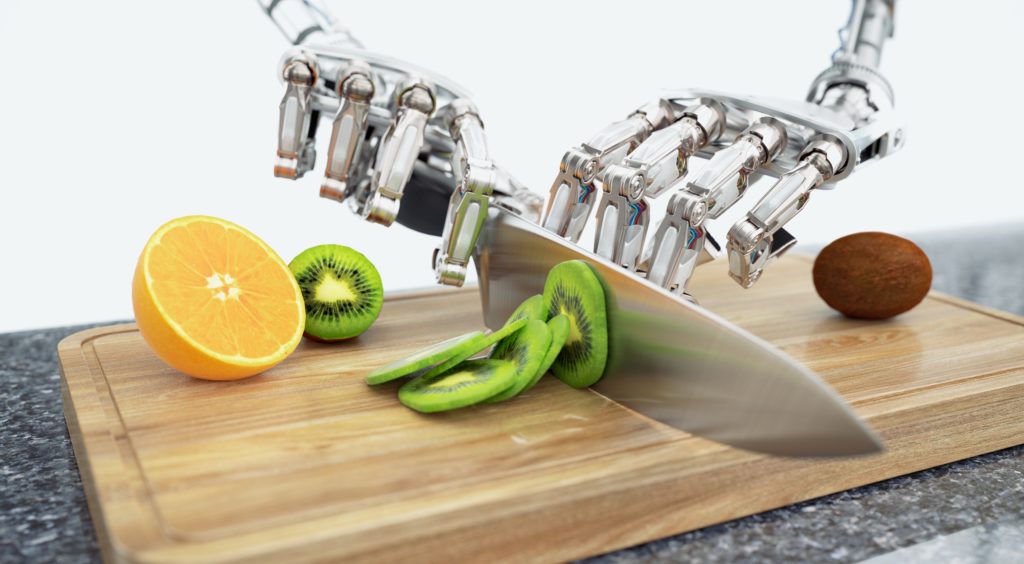Unexpectedly, however, from the beginning, and over the five years of the study, the researchers saw that the margarine group were 50 per cent more likely to die than the butter, meat-and-three-veg group. The researchers looked for confounders like smoking, weight, age and exercise but found nothing that could make sense of these numbers. “At that time the clinical and biochemical knowledge did not allow us to interpret our results,” recalls Dr Boonseng Leelarthaepin, who was the PhD student who did all the work on the study.

 www.tervettaskeptisyytta.net
www.tervettaskeptisyytta.net







